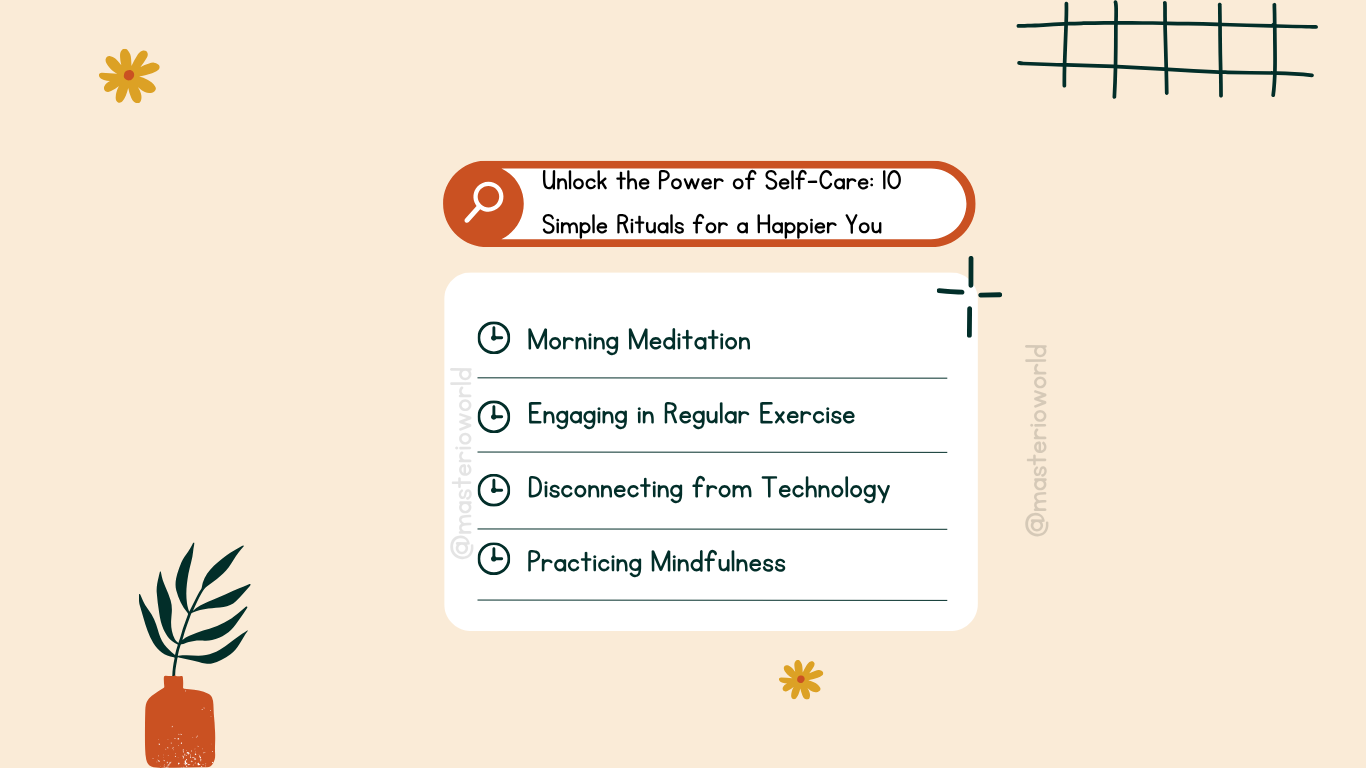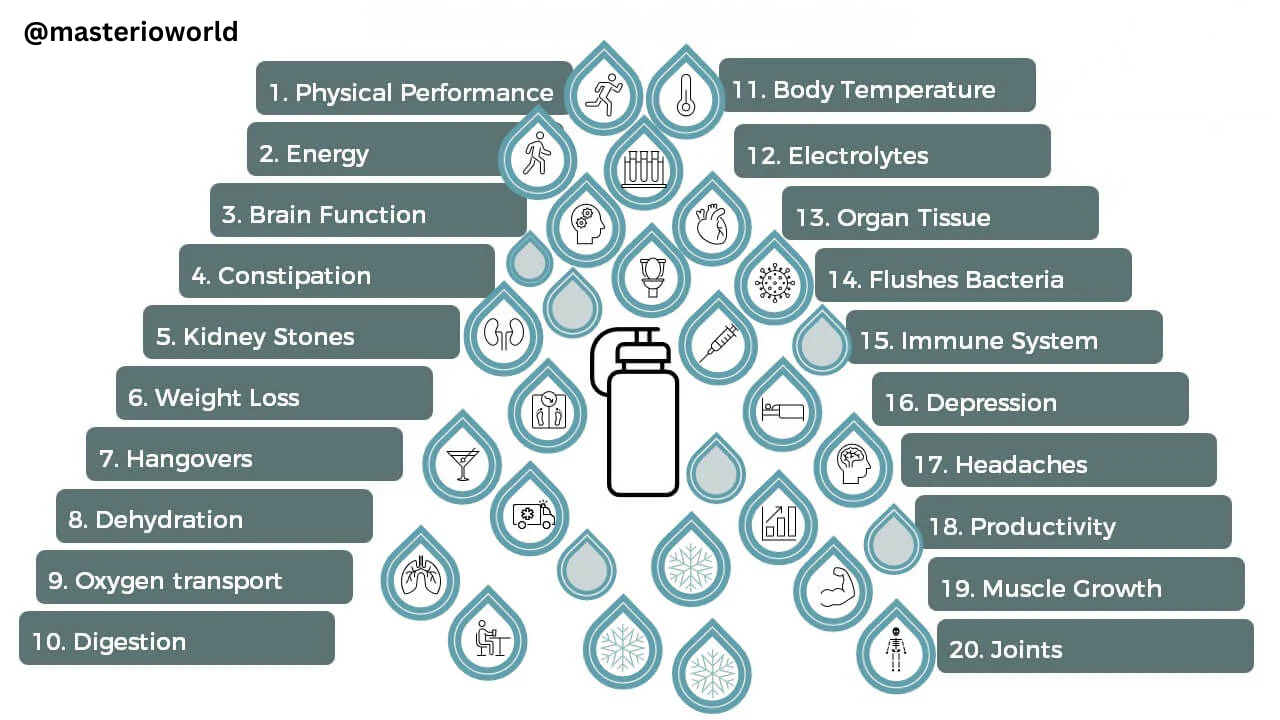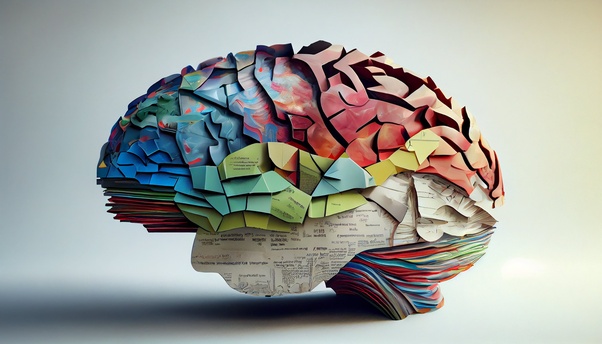Top 10 Must-Visit Tourist Spots in Sydney
Top 10 Must-Visit Tourist Spots in Sydney Sydney, the stunning capital of New South Wales, Australia, is a city that captivates travelers with its mesmerizing blend of vibrant urban life and breathtaking natural beauty. From iconic landmarks to picturesque beaches, Sydney offers a plethora of must-visit tourist spots that cater to every traveler’s interests. This article will explore the top 10 must-visit places in Sydney, each offering a unique experience that will leave you awe-inspired. Introduction Sydney often hailed as the Emerald City is an enchanting destination attracting millions yearly visitors. Whether you’re a nature enthusiast, an art lover, or a foodie, Sydney has something to offer for everyone. Let’s dive into this beautiful Australian city’s top 10 must-visit tourist spots. Sydney Opera House Undoubtedly one of the most recognizable architectural masterpieces in the world, the Opera House stands proudly as a symbol of innovation and creativity. This UNESCO World Heritage-listed site hosts numerous performing arts events, including theater, dance, music, and opera. The iconic sails against the backdrop of the Sydney Harbour make for an unforgettable sight. Bondi Beach No trip to Sydney would be complete without a visit to the world-famous Bondi Beach. This golden stretch of coastline is a surfer’s paradise and a hub for beach lovers. Whether you want to catch some waves, sunbathe, or stroll along the scenic coastal walk, Bondi Beach offers a laid-back and rejuvenating experience. Sydney Harbour Bridge Affectionately known as the “Coathanger,” the Harbour Bridge is an engineering marvel and an integral part of skyline. For an adrenaline-pumping adventure, consider taking the BridgeClimb, which offers panoramic views of the harbor and cityscape from the top of the bridge. The Rocks Steeped in history, The Rocks is Sydney’s oldest neighborhood and a charming blend of cobblestone streets, historic pubs, and artisan markets. Visitors can immerse themselves in the rich heritage, explore boutique shops, and indulge in delicious food at one of the many trendy eateries. Darling Harbour A lively waterfront precinct, Darling Harbour offers an array of attractions, including the SEA LIFE Sydney Aquarium and the Wild Life Zoo. It is the perfect spot for families, with its interactive exhibits and the chance to get up close and personal with Australia’s unique wildlife. Royal Botanic Garden Escape the hustle of the city and immerse yourself in the tranquility of the Royal Botanic Garden. With its diverse range of flora and fauna, this verdant sanctuary is the perfect setting for a relaxing stroll, a picnic with loved ones, or even a rejuvenating yoga session. Taronga Zoo Located on the shores of Sydney Harbour, Taronga Zoo is a world-class wildlife sanctuary that houses over 4,000 animals from all corners of the globe. Get up close with kangaroos, koalas, and many other fascinating creatures while enjoying breathtaking views of the harbor. Sea Life Sydney Aquarium Dive into the enchanting underwater world at Sea Life Aquarium. With its massive oceanarium and interactive exhibits, this attraction offers a glimpse into the fascinating marine life of Australia’s waters, including the mesmerizing Great Barrier Reef. Art Gallery of New South Wales For art enthusiasts, the Art Gallery of New South Wales is a treasure trove of artistic wonders. The gallery showcases an extensive collection of Australian and international art, from classical to contemporary, making it a must-visit cultural destination. Blue Mountains A short drive from Sydney lies the breathtaking Blue Mountains, a World Heritage-listed wilderness area. With its stunning vistas, ancient rock formations, and cascading waterfalls, this natural wonderland provides endless opportunities for adventure and exploration. Conclusion Sydney, with its dynamic and diverse offerings, proves to be an unforgettable destination for travelers seeking both urban allure and natural beauty. Whether you explore the iconic Sydney Opera House, relax on the sandy shores of Bondi Beach, or immerse yourself in the rich history of The Rocks, each of these top 10 must-visit spots promises a unique and memorable experience. FAQs Is Sydney Opera House open for tours? Yes, Sydney Opera House offers guided tours where visitors can learn about its architecture and history. Are there surfing lessons available at Bondi Beach? Absolutely! Bondi Beach is famous for its surf schools that cater to beginners and experienced surfers alike. How do I get to the top of the Sydney Harbour Bridge? You can participate in the BridgeClimb experience, where you’ll be guided to the summit by professional climbers. Can I see the New Year's Eve fireworks from Darling Harbour? Yes, Darling Harbour hosts spectacular New Year’s Eve fireworks displays, attracting large crowds every year. Does Taronga Zoo participate in conservation efforts? Yes, Taronga Zoo is actively involved in various conservation initiatives and supports wildlife protection programs.




